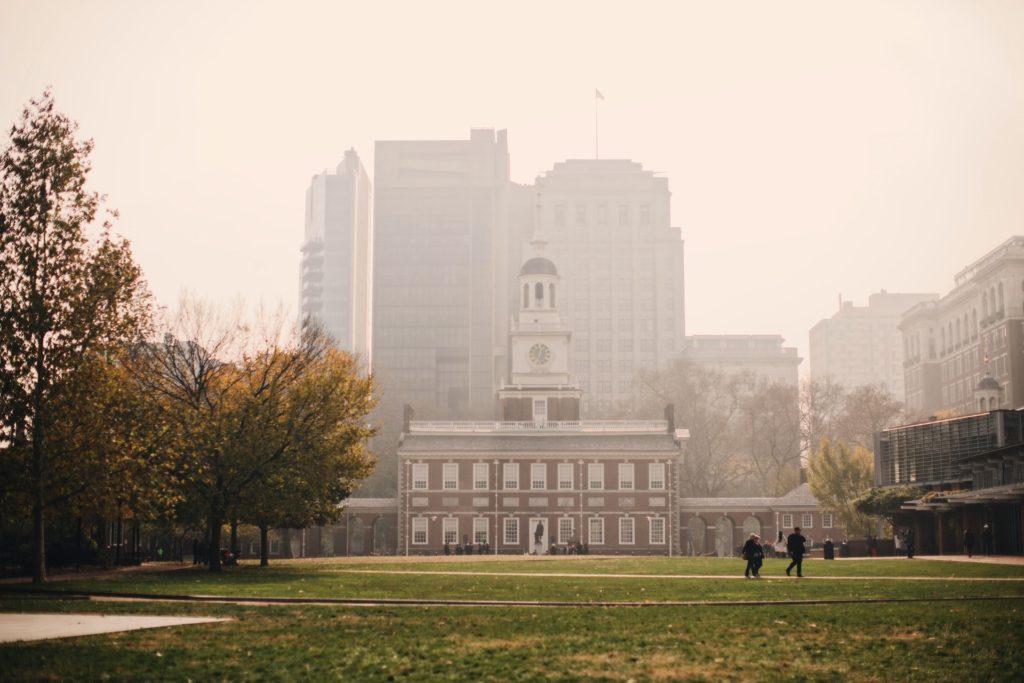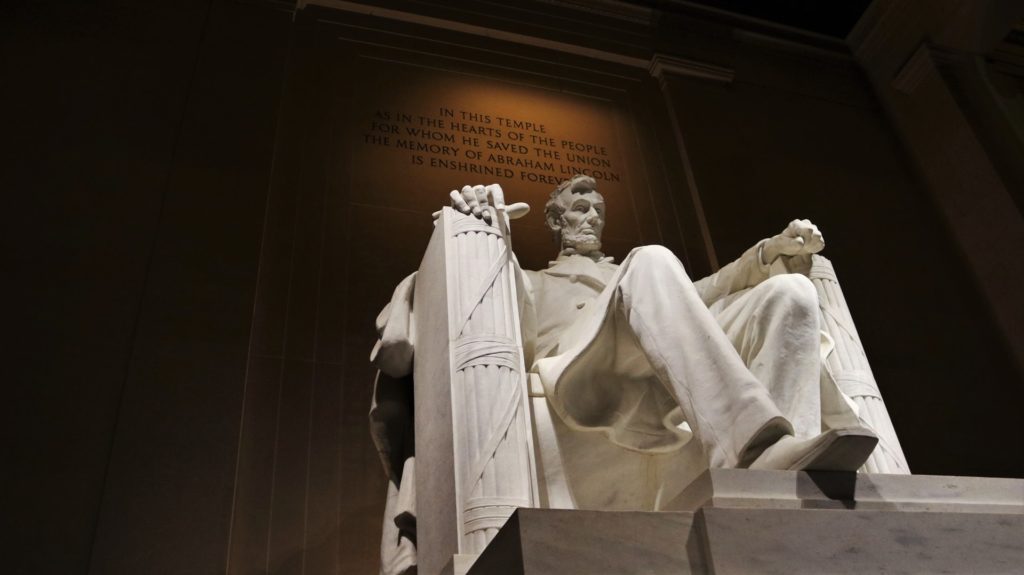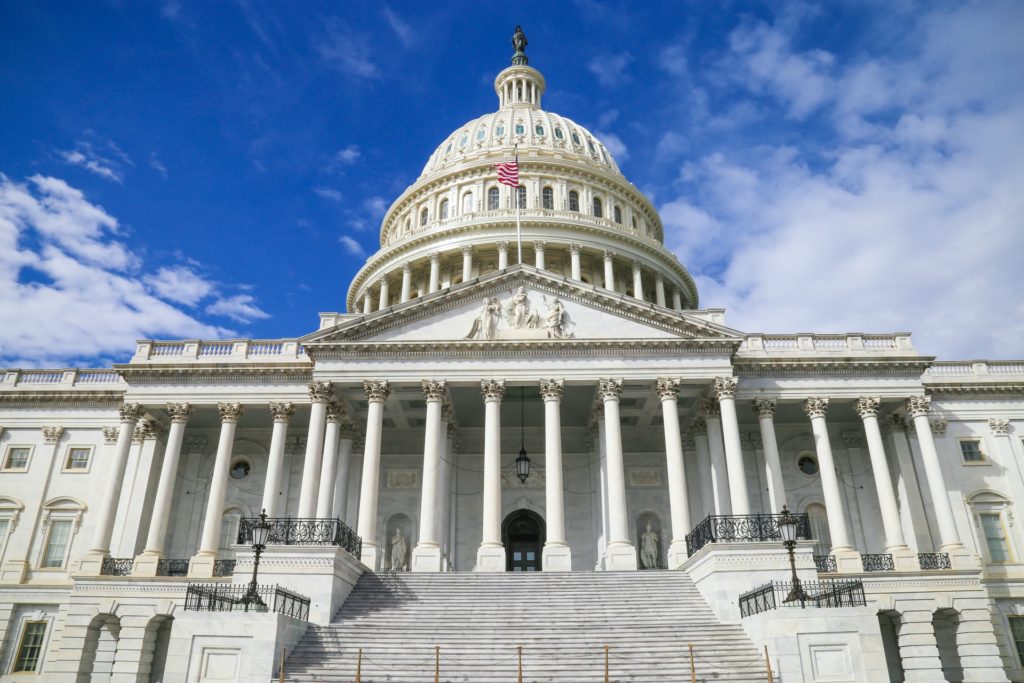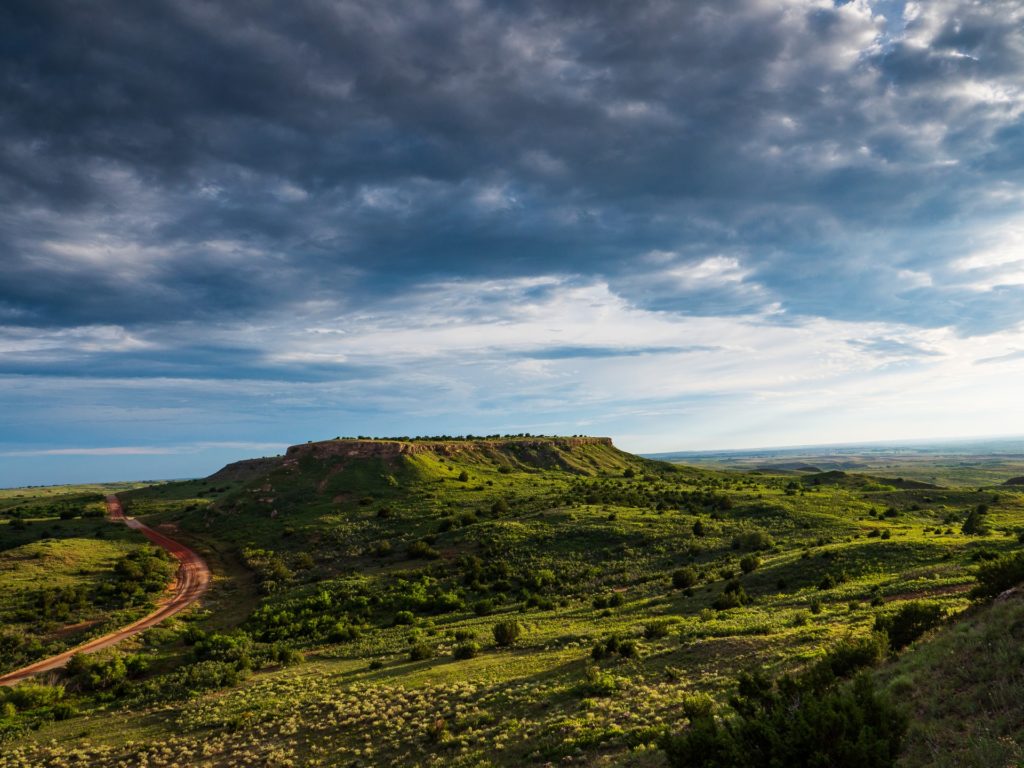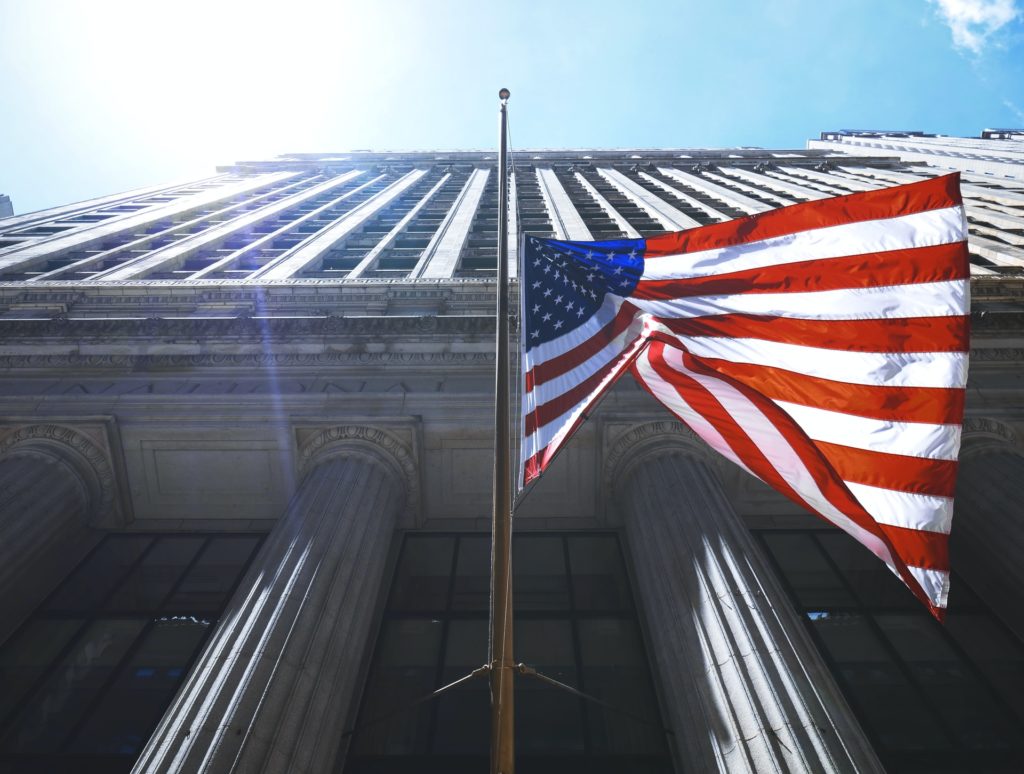The following essay is a response to pieces by Sanford Levinson, George Van Cleve, David Wilkins, and Citizen US as part of our Symposium on Constitutional Reform. When the political scientist John Roche described the founders of the 1780s as a “reform caucus” in action, he captured a truth that has proved elusive in […]
Latest Articles
Lincoln’s House Divided and Ours
Remarks prepared for “A House Divided: Protests, Patriots, and Partisanship,” a panel discussion presented by Mizzou’s Middleton Center for Race, Citizenship and Justice on November 11, 2020. All three of the synoptic Gospels tell a story in which Jesus says, “If a kingdom is divided against itself, that kingdom cannot stand. If a house is […]
A Popular Convention for a New Constitution
The right of the American people to revise the Constitution acting outside of Article V is supported by compelling historical precedents, as I have shown elsewhere. A new constitution could be adopted through a national referendum or by popular ratification of proposals made by a popular convention, for example. In this essay, I assume that […]
Indigenizing the U.S. Constitution
The 574 federally acknowledged Native nations inhabiting what is now the United States occupy a distinctive political and legal niche within the larger society. They are recognized as the original sovereigns of North America by virtue of their continuous existences and as documented in hundreds of formal diplomatic arrangements—often termed treaties—with multiple international states including […]
Reflections on Constitutional Reform
First things first: Let me commend those who are behind this project to rethink the adequacy of the United States Constitution and to suggest some important reforms. The most important legacy of those who framed the Constitution in 1787 is less their specific handiwork, which they recognized would have inevitable flaws and imperfections—thus the need […]

